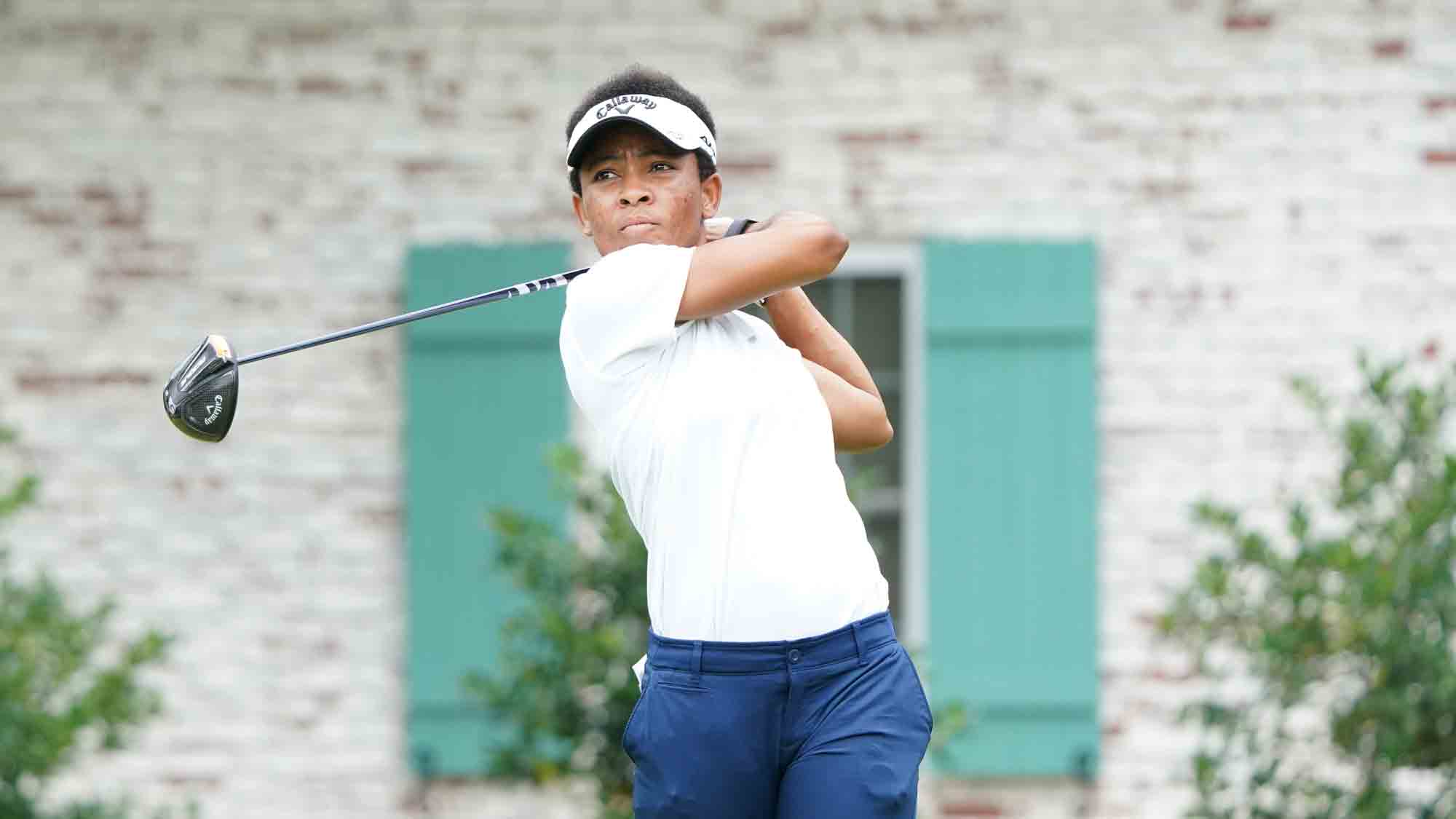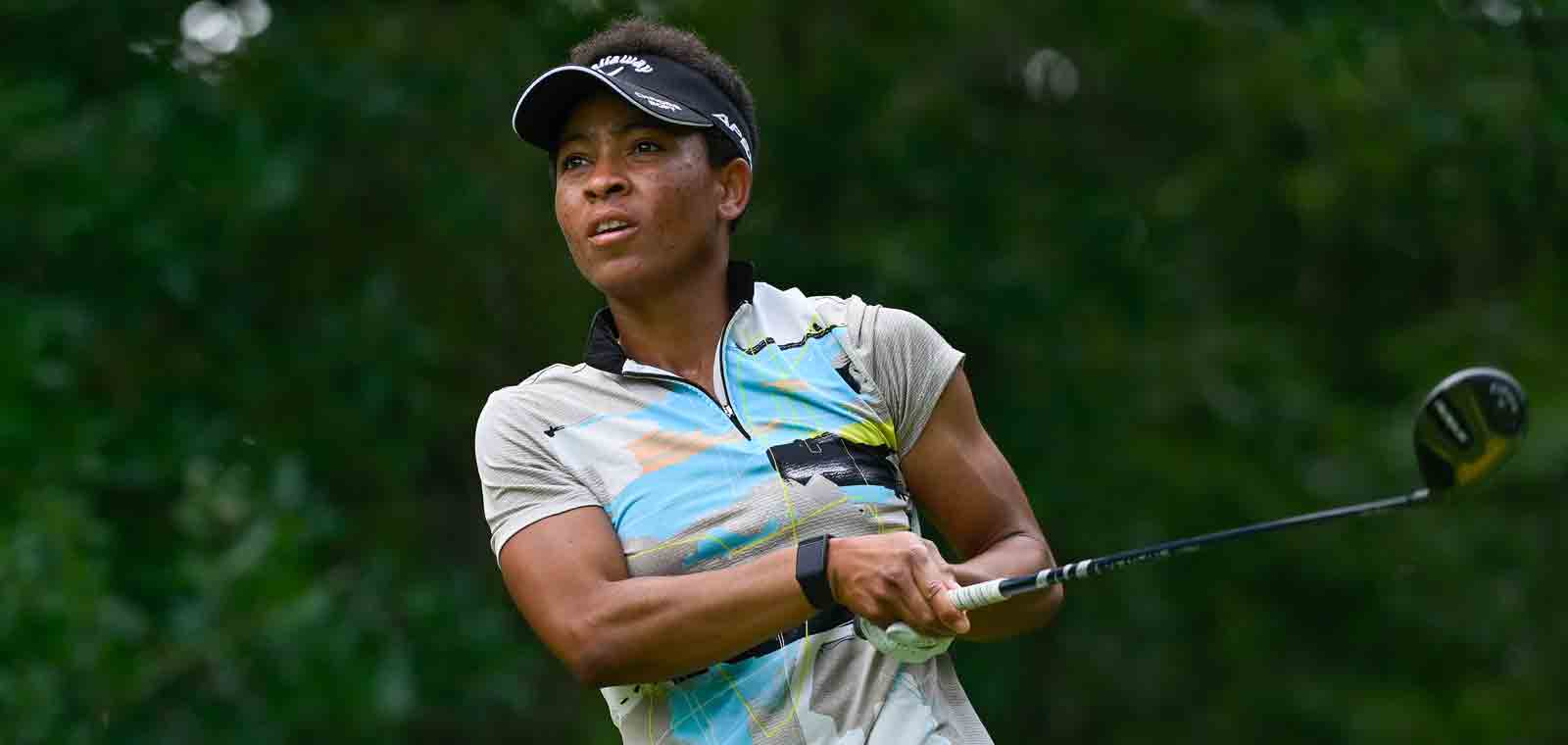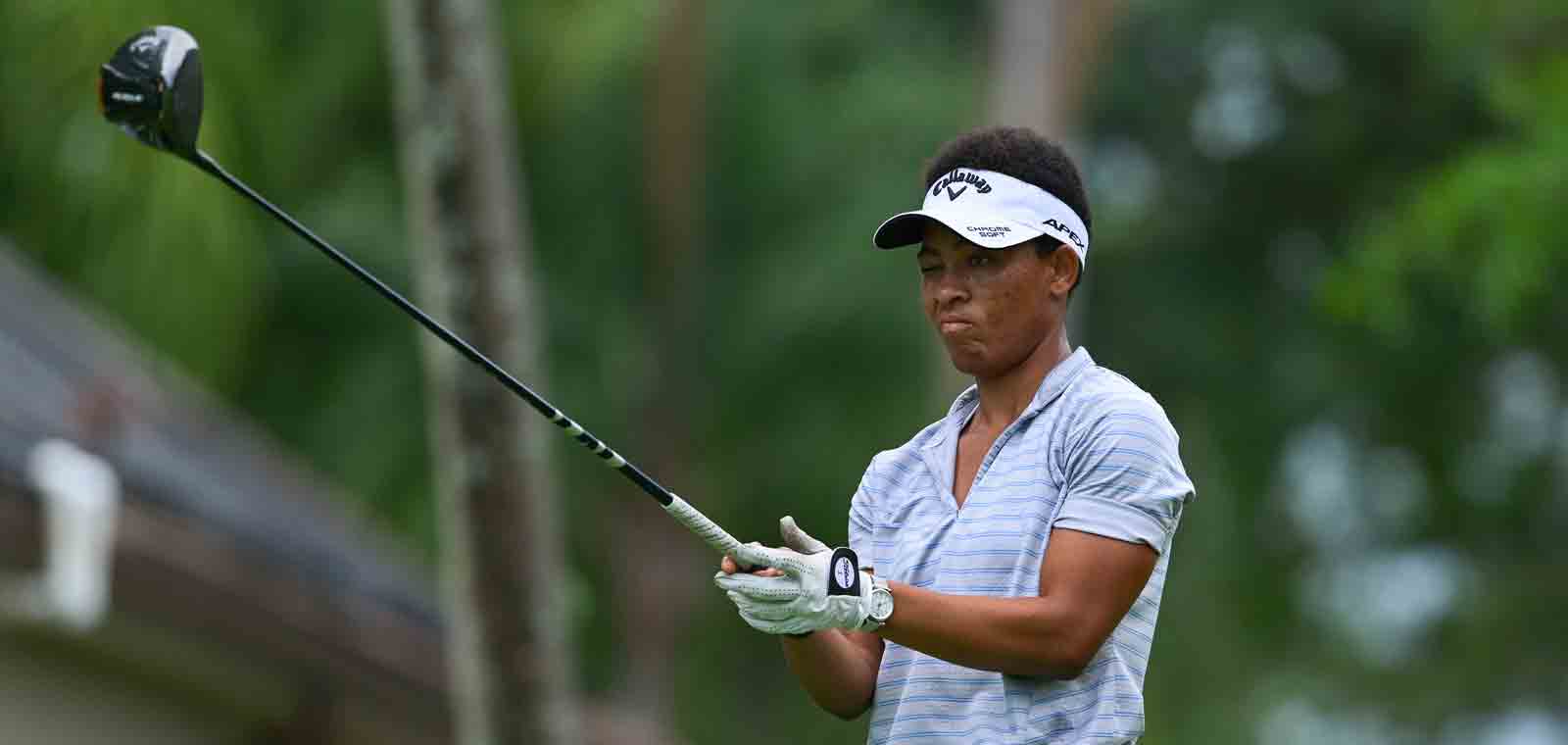Nigerian Anita Uwadia Already Making an Impact on the Epson Tour
February 25, 2023

By:
Sarah Kellam
Sarah Kellam is a Kentucky native and played collegiate golf at Northern Kentucky University. She currently serves as a Manager of Digital Content and prior to the LPGA, Sarah worked as a freelance content creator.


